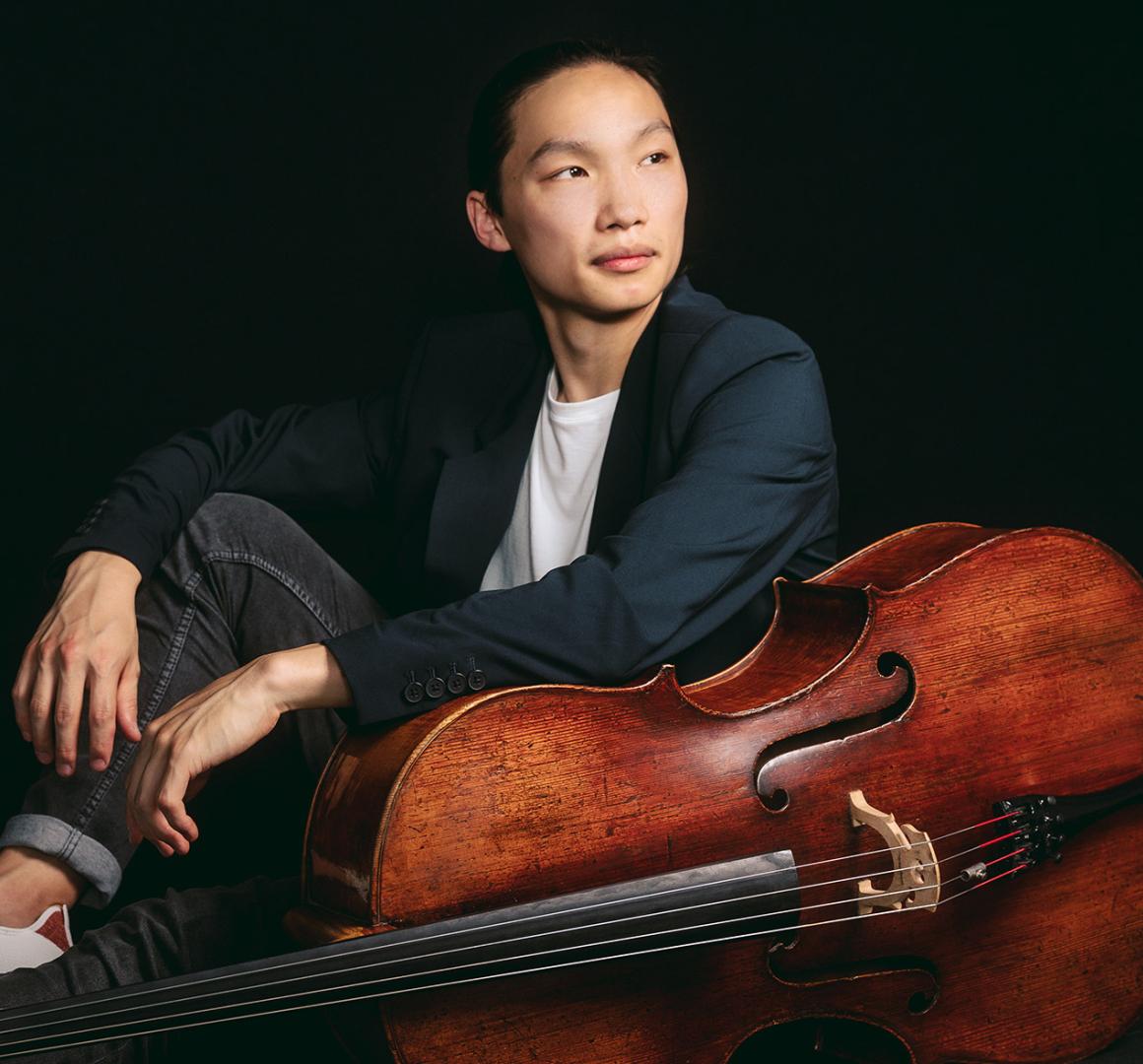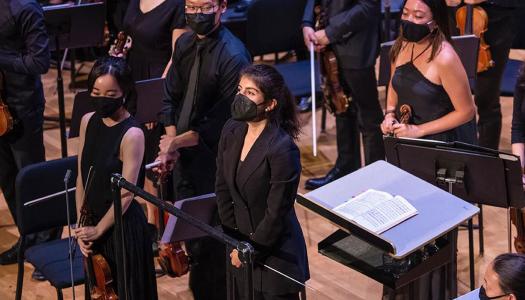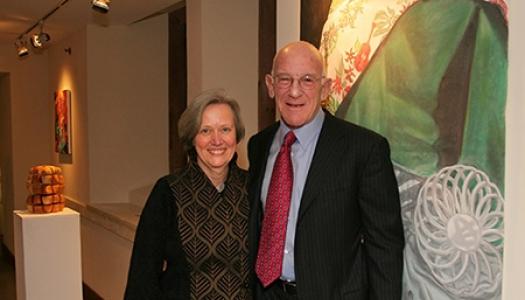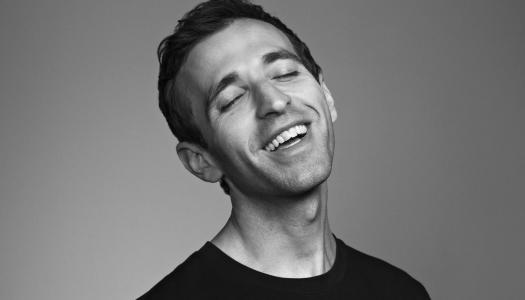On the road to Carnegie Hall: Leland Ko ’20 steps into the spotlight

Photo by Tam Photography
The Music Department recently caught up with Leland Ko ’20 to discuss his blossoming solo career as a cellist. Ko graduated from Princeton with a degree in German literature and went on to earn a Master of Music from The Juilliard School and an artist diploma from the New England Conservatory. He is a first prize winner of the Concours Orchestre Symphonique de Montréal, the Concert Artists Guild Louis and Susan Meisel Competition, and the Walter W. Naumburg International Cello Competition. On Dec. 11, Ko will present his solo recital debut at Carnegie Hall.
In our conversation, we spoke about his path in music since graduating, his takeaways from studying German at Princeton and his philosophy about music, performance and art more broadly.
To start, could you share what you’ve been up to since you’ve graduated from Princeton and what your timeline has been like?
I always knew that after Princeton, I wanted to do music. My senior year, I took auditions and ended up going to Juilliard for my master’s degree. This was during the pandemic, which wasn’t good for anyone in the arts. But because I was just in college hibernating, when the markets opened back up, I was able to ride the tide with everyone else starting from ground zero.
I knew I also wanted to apply for one more degree after Juilliard. Initially, I didn’t know whether that was going to be in the U.S. or Europe. But I ended up getting into a program I didn’t expect in Boston. That degree, from the New England Conservatory (2022-24), and applying to competitions gave me the opportunity to be heard. I ended up getting management just right at the end of my time in school as a result of winning the Naumburg competition, which means that for the next few years, I’ll be performing. I realize that in the future, there’s a real possibility that I have nothing to do and feel very lucky that I have stuff to do now.
What value did the training and time from the music programs you completed after Princeton add to who you are now as a musician, and do you feel like it prepared you for being in this position now?
The thing with music is that the primary relationship is with you and your instrument. But a lot of that relationship is based around lifelong learning and trying to get better at interpreting the musical score or playing your instrument, or your relationship with music as a thing, which is very different from having to be a professional: showing up on time, being prepared and replying to emails in a timely manner.
I don’t think anyone going through music school really knows how it works, so on that front I don’t know that it really prepares you. But in terms of buying me a little bit of time to feel like I’m becoming one with music and the cello — yeah, I feel like it did do that. And hopefully I’ll continue to do that as I’m out of school.
Let’s talk about your time at Princeton. Princeton is an interesting school for an aspiring musician because I think there are great opportunities for people who want to play music at a high level. But even so, I get the sense that it was still not high enough for the level of performance that you wanted or needed. Was there a reason why you didn’t go to a conservatory where you could do music full time?
I wanted to go to music school as a kid, but my parents didn’t want me to be a musician — for valid reasons, to be fair. My parents were the children of first-generation immigrants, and in many ways their vision for survival was based on protecting the family and making sure that we had food on the table. And I grew up very fortunate to have my parents make that leap. But that also meant that my parameters were different, because I felt that I had this chance to do something or make something of myself. There’s the stereotype that the children of immigrants always become doctors and lawyers, and then their children become the artists — this very typical three-generation cycle.
But I also got encouragement from musical mentors who said that if you have the chance to go to get a liberal arts education, it’s not the worst idea. In fact, it’s probably a very good one. Somebody once told me that if being a musician is about having something to say or having something to communicate, there’s only so much you can learn about doing that with an instrument in your hands. And I like how that sounds.
Why did you decide to study German at Princeton?
I stumbled into the German department because I knew I wanted to take a spoken language, which at the time, happened to be German. On the first day of class, my German 101 teacher had this rule that for the first 15 minutes, we could only speak German, and no English. And so on the first day, she was just getting us to shout out whatever words we knew in response to photos and visual stimuli.
At some point, my teacher put up a photo of Jacqueline du Pré, and because I instantly recognized her, initially, I didn’t think anything of it. But then I had a moment where I realized that this was actually a little weird. Because if you just search up “musician” or “cellist” online, a headshot of Jacqueline du Pré is not the first thing that comes up. In fact, this photo doesn’t come up unless you specifically search for her name.
So after class, I went up to her and asked, “why du Pré?” And she told me that she’s a cellist and studied with Natasha Brofsky at New England Conservatory for her undergrad. So there was this weird connection already where it felt like there were musicians hidden within the German department.
For instance, the head of the German department, Tom Levin, is the son of Walter Levin, who was the first violinist of the LaSalle Quartet, which used to run the Ravinia Music Festival in Chicago. So when I went into his office on the day I declared because I couldn’t declare anything else, I had a cello on my back and I told him, “I might not be here sometimes.” And he was cool with it — he understood. And so he was very kind with letting me bend the boundaries of what I could do within the department, letting me write my junior paper on Heinrich Heine poems that Schumann set songs to, and my senior thesis on the late Beethoven quartets.
How does Princeton’s liberal arts education inform the way you approach music now?
Independence and critical thinking. Look — what I learned in the medieval gender studies class taught entirely in German might not tell me how to play a Beethoven sonata. (Maybe it does if those connections are there.) But the idea of, in university, sitting with primary or secondary source material, ideally reading it thoroughly and developing an idea of what you think about whatever you just read — whether or not you feel like you have the tools to understand it — and then either in precept or in a paper communicating what you think about that primary or secondary source material — that is kind of what music is. Because the score is our primary source.
Of course, there’s history, there’s context, there’s what millions of people have said about it, or all these recordings, how everybody else has played it or how your teacher tells you to play it. But at some point, you have to decide what it means to you and then go sit in front of people and play it to communicate something. That framework — the liberal arts framework — makes sense to me.
As an artist, how are you thinking about how you want to position yourself in the coming years? Are you worried about what people say about the aging population of classical music audiences?
Yes — it is true that many classical music audiences have a lot of white hair. But at Juilliard, I took one class with a professor who was a longtime music critic, and he mentioned that audiences have always kind of been white-haired. So the issue was more so with how classical music audiences will always be a little bit self-selecting. It’s a different experience than any kind of pop music concert or going out to a bar on a Friday night. It is not at all offensive to me that there are more exciting things to do on a Friday night. If you are looking for something that you can do to unwind and loosen your tie a little bit and just scream, a classical music concert is never really going to be that.
I don’t know if just by nature, classical music is self-selecting towards older people who are looking for something maybe slightly more reflective rather than fully reinvigorating on a Friday night. And you don’t want to turn teenagers into old people before they’re ready to be old people. So getting young people to come to classical music concerts is a different goal than making sure that there is music education available to young people in schools. Those are things that I think often get conflated.
But you also have people talk about access, opportunity and that kind of thing. Not just to generate a general interest in classical music, but just so that a greater range of people have a relationship with culture. And I do think that’s important.
What are you looking forward to now with music and your upcoming performances?
I’m looking forward to learning what really makes something magical happen onstage. I’m lucky to have played a lot already in my life, but I still feel like I’m just starting to scratch the surface every time I walk onstage and ask myself, what am I actually doing here? And I’m not just talking about playing the notes, but asking what actually can happen in this moment with all these people that you’re on stage with and the people who are listening? I’m trying to learn how that happens so that I can maybe reverse engineer it. Or maybe we leave that in a magical realm where I never figure it out and just try to do it.
I’m just looking forward to trying to figure out what makes moments of magic and then hopefully experiencing some of that magic along the way, even though I imagine there are also going to be a lot of concerts that will feel like a job, because not everything is a peak experience.
You’ve gotta have the lows to have the highs.
Yeah. And you’ve got to always aim for the highs, right? Whatever that is or however it comes, I’m just looking forward to that journey.
A version of this story first appeared on the Department of Music website.


